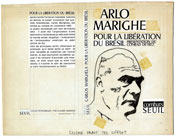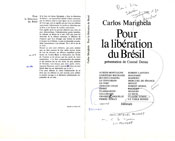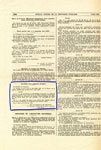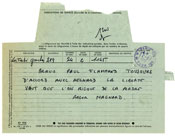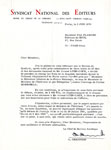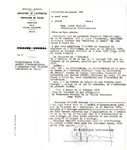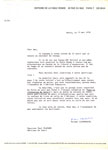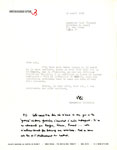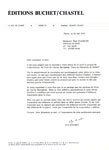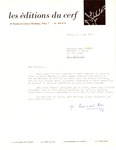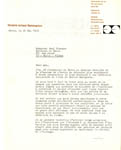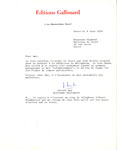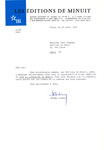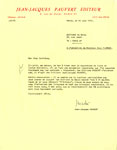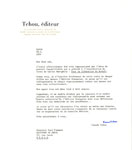For a part of the publishing world, the end of the 1960s was a time of regular contestation of the laws of 1939 and 1949, made more severe in 1958, in the name of freedom of creation and expression.
The corporation of publishers did not adopt this combat collectively.
Although Jean-Jacques Pauvert argued in favour of the suppression of all types of censorship, he remained isolated in this demand.
However, the reflection on the use of a law intended to protect the young, but used to ban publications for adults, was launched.
On February 25, 1970, without citing a motive but evoking Article 14 of the 1881 law and the law of May 6, 1939 about foreign literature, the Minister of the Interior banned ‘from circulation, distribution and sale’ Pour la liberation du Brésil by Carlos Marighela, published by Editions du Seuil.
A few months after the French ban, whose aim was, among other things, to smooth diplomatic relations with Brazil, twenty-four publishers rallied to co-publish the book in order to preserve the possibility to publish translations.
Representatives of the Ministry backed off in the face of such corporatist solidarity.
In 1971, after the Marighela case, Pauvert tried to rally his fellow publishers to co-publish a very ordinary pornographic novel, L’Enfer du sexe (1971).
.

